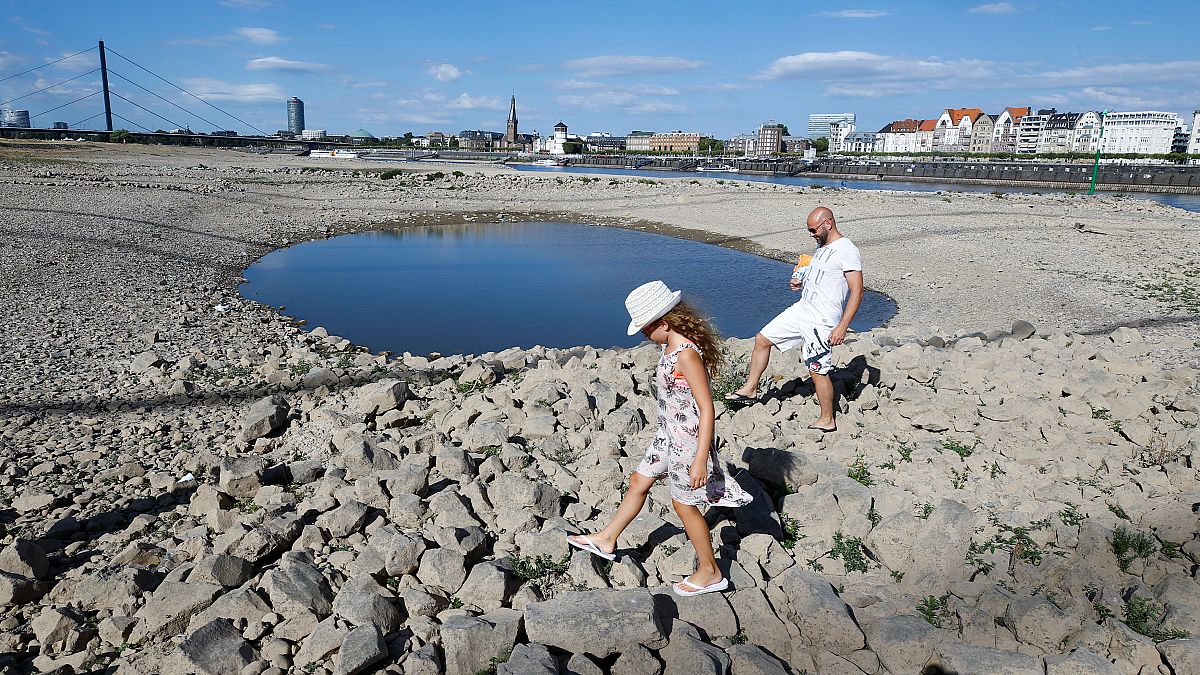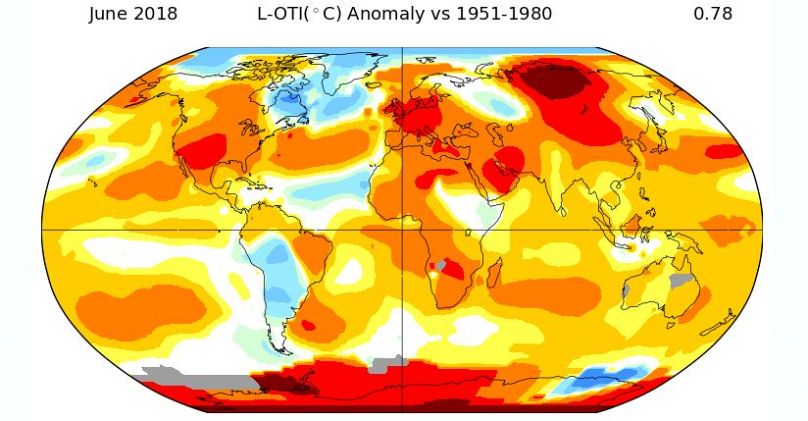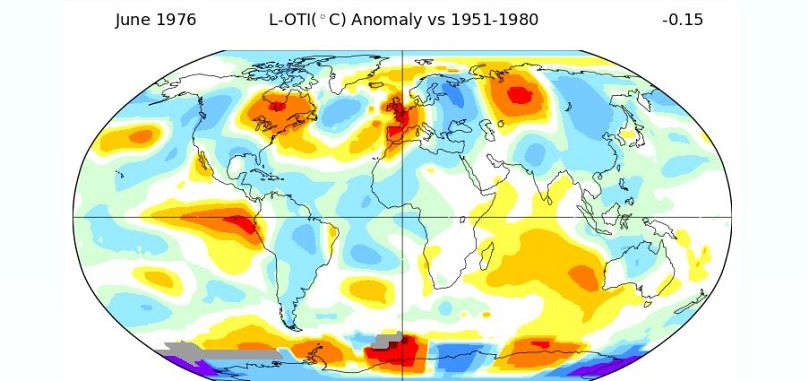Scientists are warning that the record-breaking heatwave currently impacting Europe is likely to become the rule rather than the exception as climate change disrupts weather patterns.
Scientists are warning that the record-breaking heatwave currently impacting Europe is likely to become the rule rather than the exception as climate change disrupts weather patterns.
"What was once regarded as unusually warm weather will become commonplace – in some cases, it already has," Dr Friederike Otto, Deputy Director of the University of Oxford's Environmental Change Institute (ECI) said in a study released last week.
Otto and a team of researchers tracked data from seven weather stations in northern Europe in the past few months and compared them to existing records extending back to the early 1900s.
"We found that for the weather station in the far north, in the Arctic Circle, the current heat wave is just extraordinary – unprecedented in the historical record,” Dr Geert Jan van Oldenborgh, senior researcher at the Royal Netherlands Meteorological Institute, said.
Meanwhile, data from stations further south — in the Netherlands, Denmark and Ireland — show that "climate change has generally increased the odds of the current heatwave more than two-fold," Van Oldenborgh explained.
"This is something that society can and should prepare for," Otto warned.
"But equally, there is no doubt that we can and should constrain the increasing likelihood of all kinds of extreme weather events by restricting greenhouse gas emissions as sharply as possible," she added.
More accurate forecasting
The good news is that it might now be easier to forecast summer weather months in advance.
Scientists at the University of Reading, UK, have found that tracking springtime sea temperatures in the North Atlantic can be used to predict rainfall in July and August much more accurately than current forecast methods.
They found that sea surface temperatures in the spring play an important role in influencing the position of the jet stream — the ribbon of winds traveling eastwards and steering weather around the globe.
“The current seasonal forecast models do a fairly good job predicting weather patterns over the UK during winter, but have almost no skill in predicting summer weather in the UK and Western Europe," Dr Albert Osso from the University of Reading said, describing the research as "a real breakthrough."
According to fellow scientist Rowan Sutton, the results "show that it should be possible to predict the likelihood of a wet or dry summer with a level of skill that could be useful for many applications.”
Weather damage
According to Spanish meteorologist Mario Picazo, “for much of the months of June and July, the jet stream formed by westerly winds has been well north of its usual position” and temperatures in the North Atlantic Ocean have been colder than usual in southern Greenland, but warmer in sub-tropical areas.
That split Europe in two: the continent’s northwest facade experienced heat and drought while Iceland, Portugal, Spain and Italy have had to contend with cooler and stormy weather.
The unrelenting heat across Europe has scorched the earth, devastated crops and facilitated wildfires from Sweden to Greece, where more than 90 people lost their lives in a blaze last month.
The unusual wet weather and thunderstorms in southern Europe at the start of the season was also destructive.
In France, the damage inflicted by storms and floods was estimated to have totaled €430 million by the French Federation of Insurers. This week, four people died in flash floods on the French island of Corsica.
Extreme heat is now reaching Spain and Portugal, which are bracing for more searing hot weather with temperatures expected to hit 47C over the weekend.
“Today’s heatwaves have little to do with previous ones. They spread over much larger areas, are more intense and also tend to last longer” Picazo noted in his blog post.
Unless solutions are found to curb greenhouse gas emissions, Picazo warned, “what we call ‘heat’ today will, in the not so distant future, simply be called ‘summer’.”


